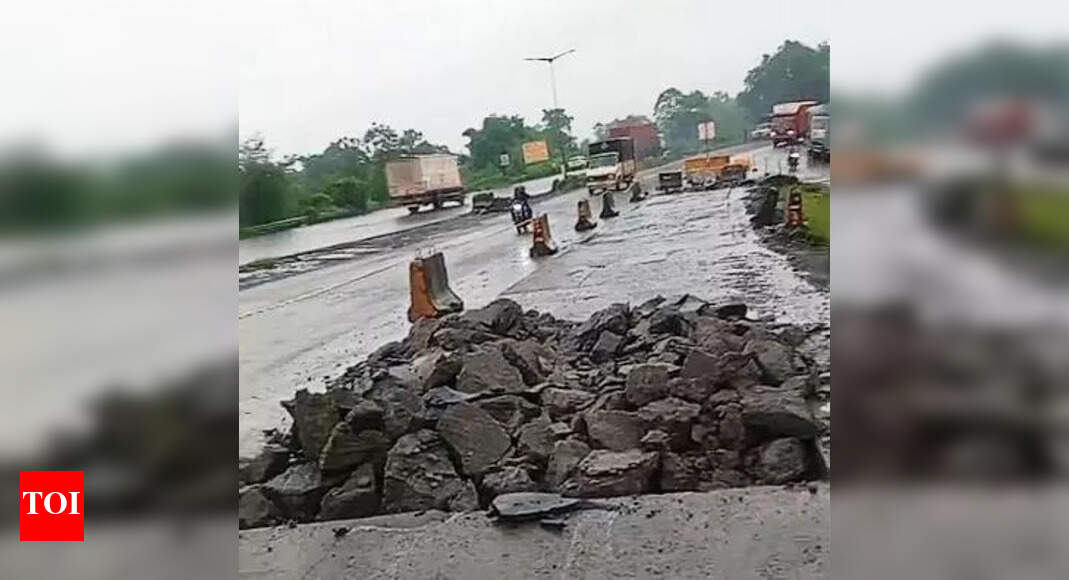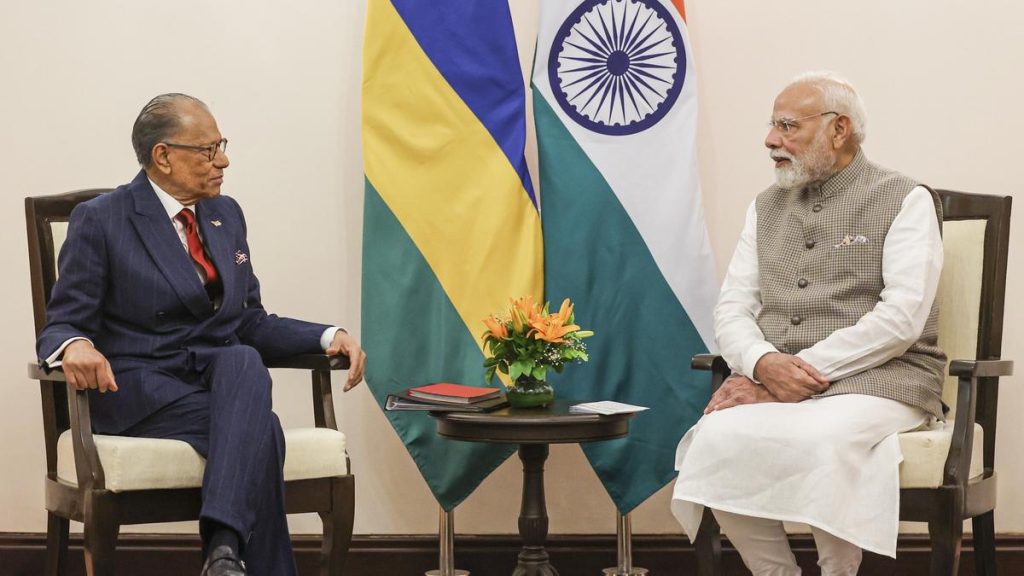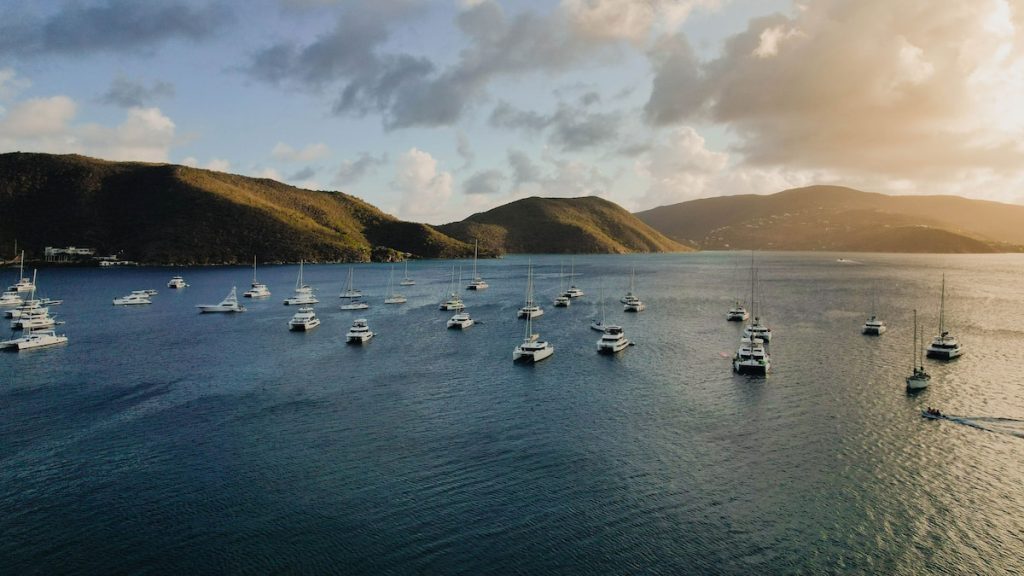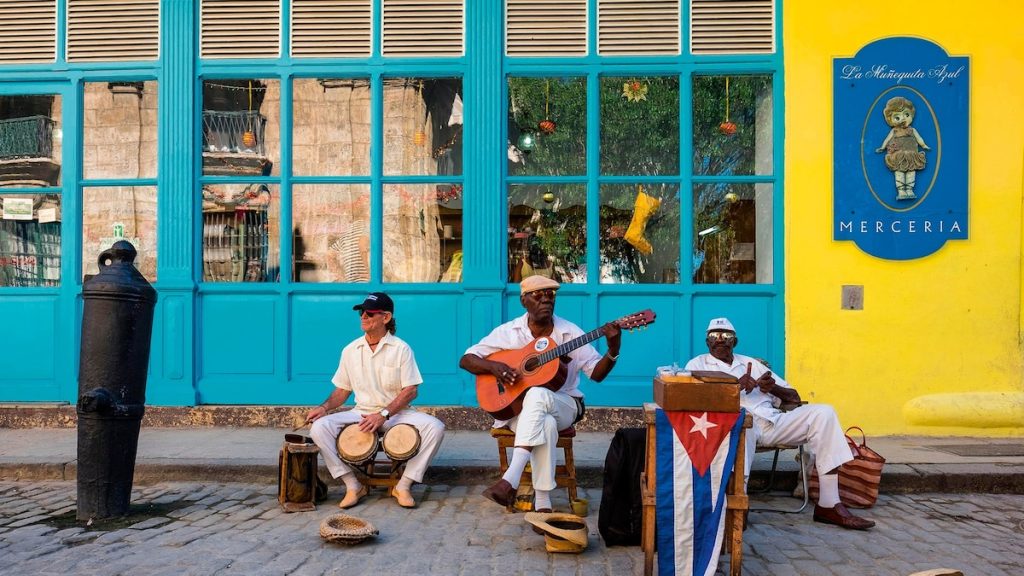Now Reading: Parsi Punchayat Urges Gadkari to Address Talasari Highway Concerns
-
01
Parsi Punchayat Urges Gadkari to Address Talasari Highway Concerns
Parsi Punchayat Urges Gadkari to Address Talasari Highway Concerns

Rapid Summary
- Teh Bombay Parsi Punchayat (BPP) has written to Union Minister Nitin Gadkari about the deteriorated condition of NH48, specifically the dahisar-Talasari stretch.
- this highway connects mumbai to udvada in Gujarat, home to the Iranshah fire temple, an meaningful pilgrimage site for the Parsi community.
- BPP described NH48 as a “death trap,” citing perilous road conditions and frequent accidents caused by poor maintenance and construction by contractors hired by NHAI.
- Notable industrialist Cyrus Mistry reportedly died on this highway due to its unsafe conditions; other accidents and near-death experiences have also been reported along this stretch.
- frequent traveler Filly Bapuna detailed issues such as potholes causing tyre bursts, even for high-end vehicles like Range Rovers shortly after repairs.
- Dr. Boorjis H Doctor claimed negligence from road contractors and revealed gaps in enforcement standards at Panvel police station regarding Indian Roads Congress norms.
- highway activists suggested transferring duty for NH48 maintenance to India’s Border Roads Organization (BRO) following unsatisfactory efforts by NHAI despite spending Rs 600 crore on repairs.
- A senior NHAI official acknowledged potholes but attributed traffic jams largely to congestion on Thane-Ghodbunder road feeding into NH48. Efforts include laying mastic layers on old bridges.
Indian Opinion Analysis
The concerns raised about NH48 reflect broader infrastructure challenges facing India’s national highways. Despite significant financial investments in repair work, recurring damage suggests flaws either in execution or accountability from involved contractors. The complaints from community members-highlighting loss of life and safety risks-underline an urgent need for better governance mechanisms within agencies like NHAI.
The suggestion of involving BRO may indicate frustrations over stalled progress but could complicate matters given BRO’s focus areas primarily include strategic border zones. Ensuring safe connectivity for smaller but historically significant communities like Parsis is crucial-not just at a practical level but symbolically reflecting inclusive development priorities within national policy.
This case spotlights how poorly maintained roads negatively impact not just local residents but religious tourism, regional businesses relying on transport efficiency, and public trust in authorities managing critical infrastructure nationwide.



























